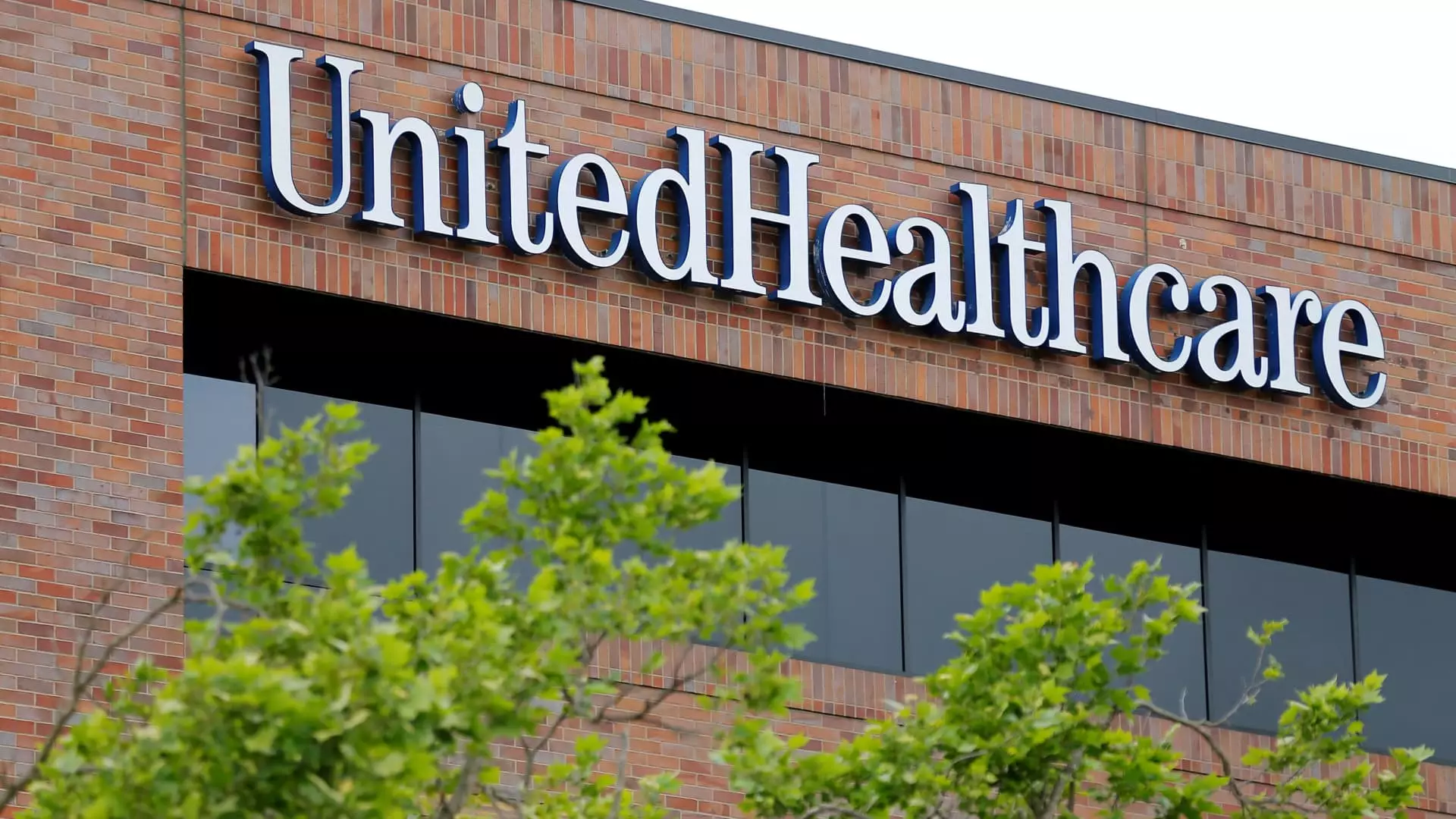The landscape of healthcare in the United States is no stranger to turmoil, with major players consistently facing adverse conditions, yet few embody the convergence of controversy as vividly as UnitedHealthcare. The insurance giant, which operates under its parent company, UnitedHealth Group, is currently entangled in a web of government investigations, employee discontent, and influential public critiques. This article delves into the intricacies of these challenges, examining their implications for the company and the broader healthcare sector.
Recent reports have revealed that UnitedHealth is under a civil fraud investigation launched by the Department of Justice (DOJ) regarding its Medicare Advantage billing practices. This scrutiny focuses on whether the insurer has employed dubious methods to secure additional payments, specifically through inflated diagnoses made in facilities it owns. This investigation is not an isolated incident; it follows prior allegations that questioned the legitimacy of billions paid out to the insurer by Medicare. This ongoing probe sheds light on the significant legal and ethical dilemmas facing one of the most powerful entities in the American insurance system.
Medicare Advantage plans, which provide supplemental benefits to seniors beyond traditional Medicare coverage, represent a lucrative business model. However, rising operational costs and systemic inefficiencies have plagued these plans, raising alarms about their sustainability and integrity. The insurance industry’s high medical costs can often be traced back to opaque billing practices, and as the DOJ’s investigation unfolds, a spotlight is cast on the darker corners of healthcare financing—an aspect that affects not only UnitedHealth but the entire industry.
Employee Cuts and Corporate Restructuring
Compounding UnitedHealthcare’s legal issues is an internal atmosphere marked by uncertainty and potential workforce reductions. The company has initiated buyouts for employees and signaled possible layoffs should its voluntary resignation quotas remain unmet. This approach underscores the increasing pressures companies face to streamline operations amidst fluctuating market conditions and rising costs. In pursuit of cost-cutting measures, UnitedHealth is exploring digital technologies, a strategy that reflects both an adaptation to industry trends and a response to its own economic challenges.
However, such corporate moves may be seen as part of a larger strategy to streamline operations, but they also risk alienating a workforce already grappling with dissatisfaction. The potential for layoffs can breed discontent, eroding workplace morale at a time when stability and trust would serve the company best.
Adding another layer of complexity, UnionHealth has found itself at odds with prominent figures in the investment world, such as Bill Ackman. The billionaire investor’s recent interventions—particularly his pledges to support a physician in a legal battle against UnitedHealth—highlight a growing trend where influential individuals leverage their platforms to rally public scrutiny against corporate giants. Ackman has gone so far as to advocate for an investigation by the U.S. Securities and Exchange Commission, claiming that UnitedHealth’s profitability figures may be artificially inflated due to denied medical procedures.
The consequences of such public confrontations can be far-reaching; they not only risk damaging corporate reputation but also instigate a broader examination of the accountability mechanisms within the healthcare system. While the company’s dismissal of these allegations as “misinformation” aims to mitigate negative press, it also reflects the fragile state of trust between insurers and the stakeholders they serve.
Coping with Cybersecurity Challenges
In addition to human resources and public relations challenges, UnitedHealth continues to navigate the fallout from a significant cybersecurity attack on its subsidiary, Change Healthcare. Affecting approximately 190 million individuals, this breach has raised pressing questions regarding the integrity of patient data and the company’s ability to safeguard sensitive information. Having already incurred costs exceeding $3 billion for damages, the long-term implications of such breaches may extend beyond financial burdens—potentially undermining patient confidence and trust in the healthcare system.
UnitedHealth’s situation illustrates the multifaceted issues facing major insurers in a complex and ever-evolving landscape. From government scrutiny and employee relations to challenges posed by public perception and cybersecurity, the company stands at a crossroads. As it faces an uphill battle to reclaim its standing, the broader industry will watch closely to see how these narratives unfold, signaling potential shifts in regulatory norms and corporate governance in an already contentious healthcare environment.
The ongoing saga of UnitedHealthcare serves as a crucial case study in the convergence of legal, financial, and ethical dynamics within the healthcare sector, reminding us that transparency and accountability must underpin the future of American health insurance.

